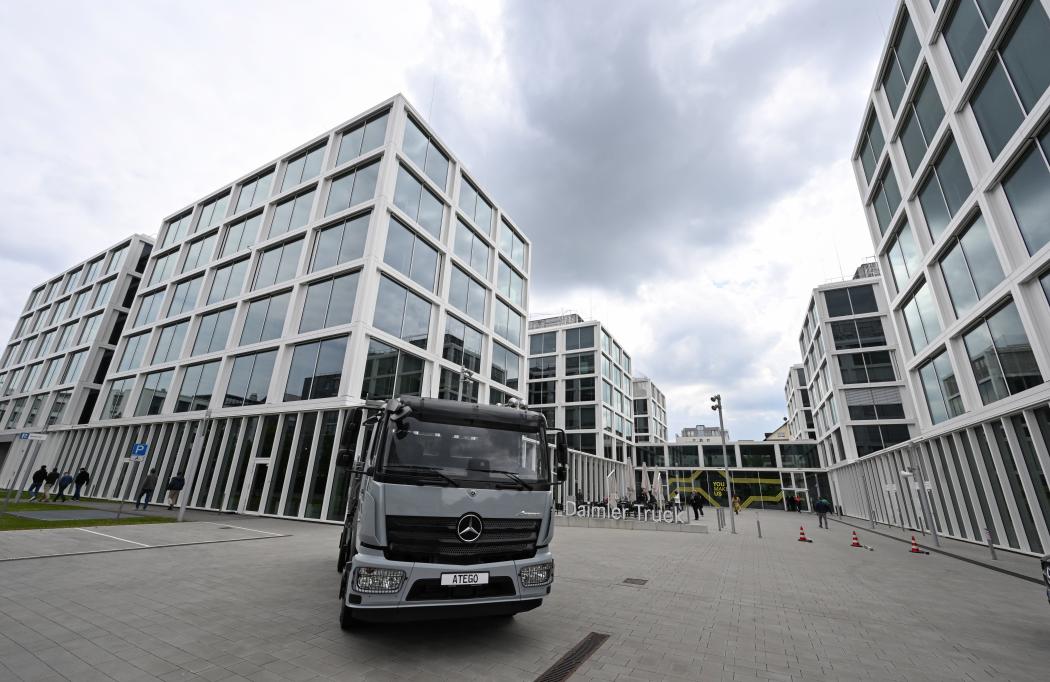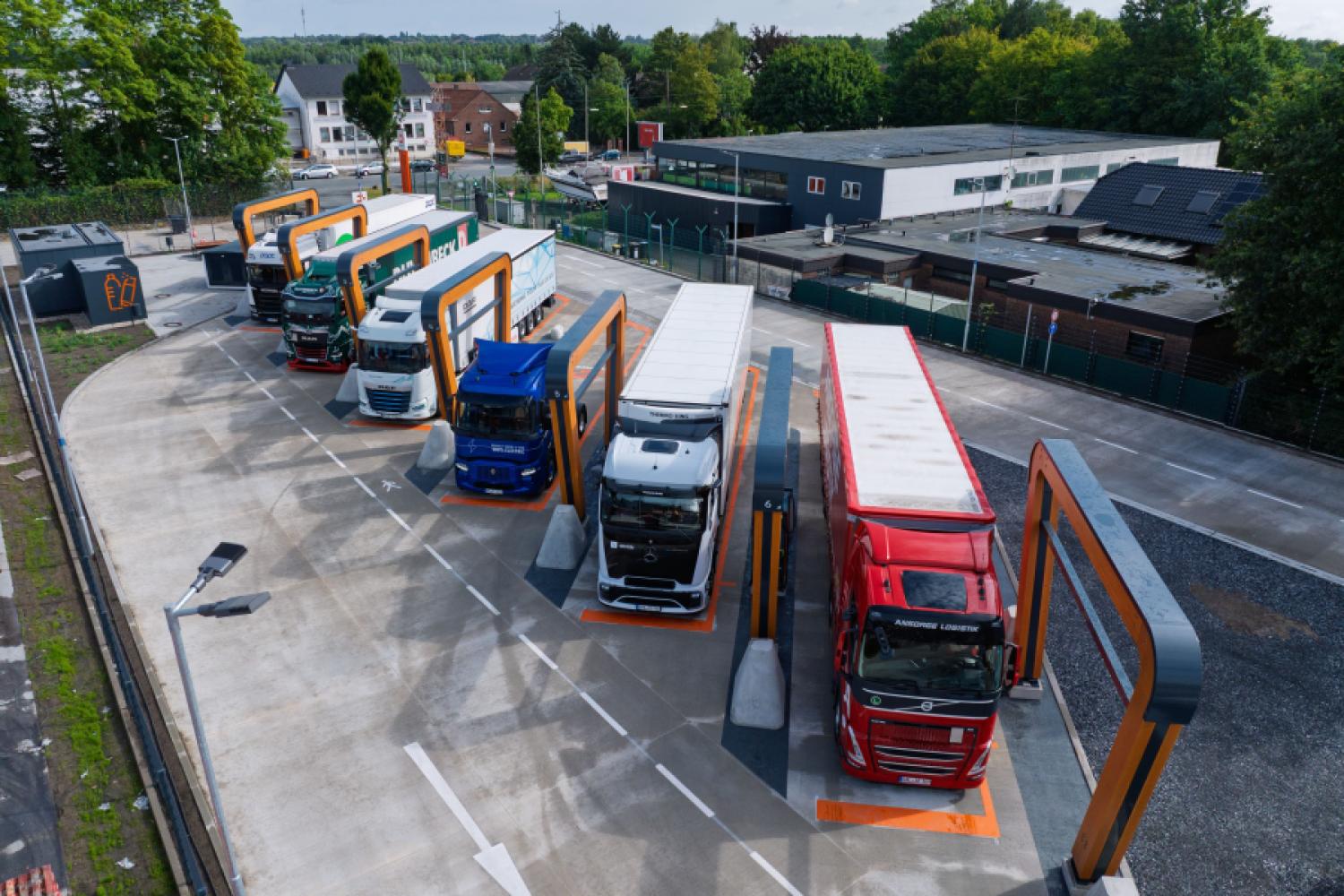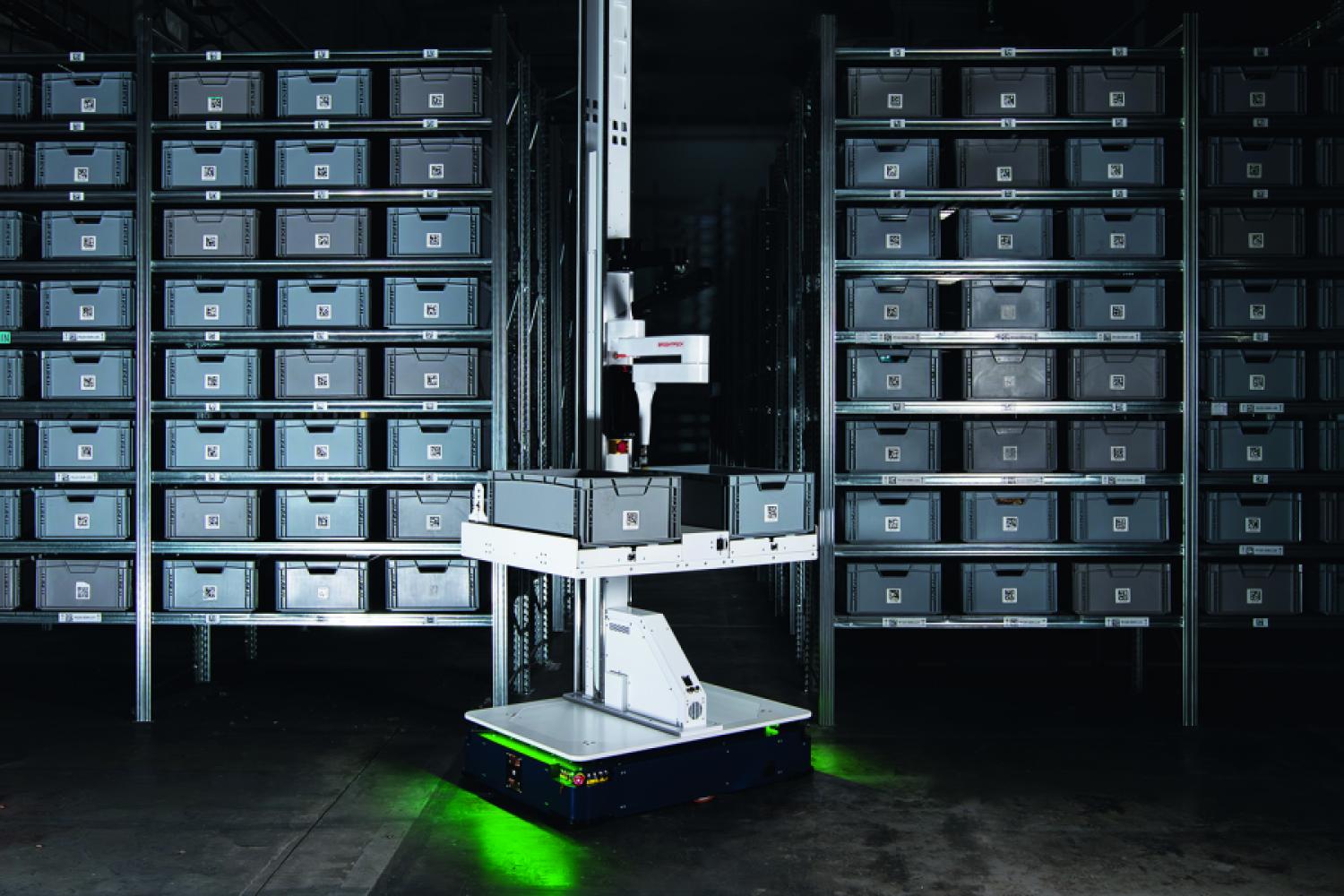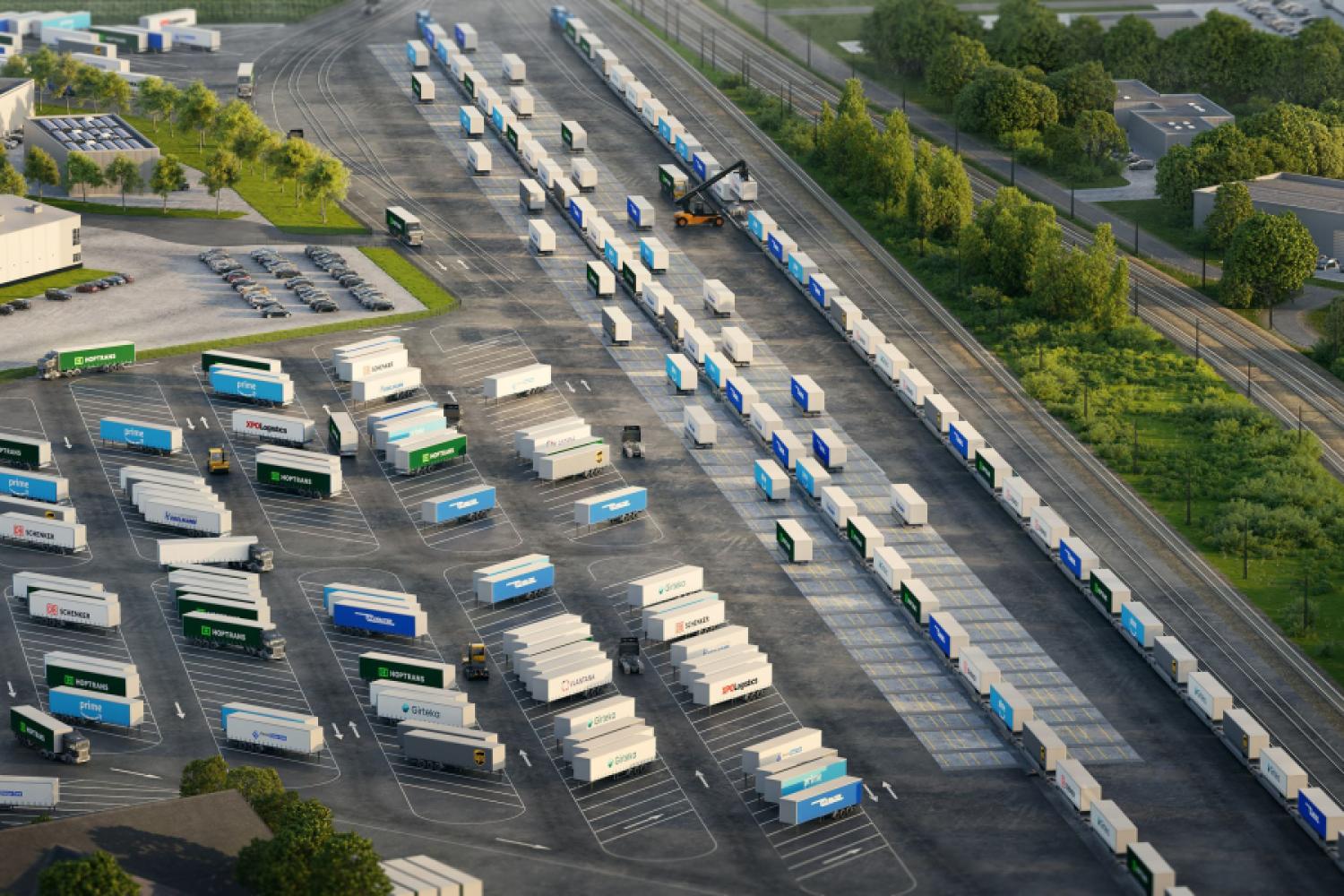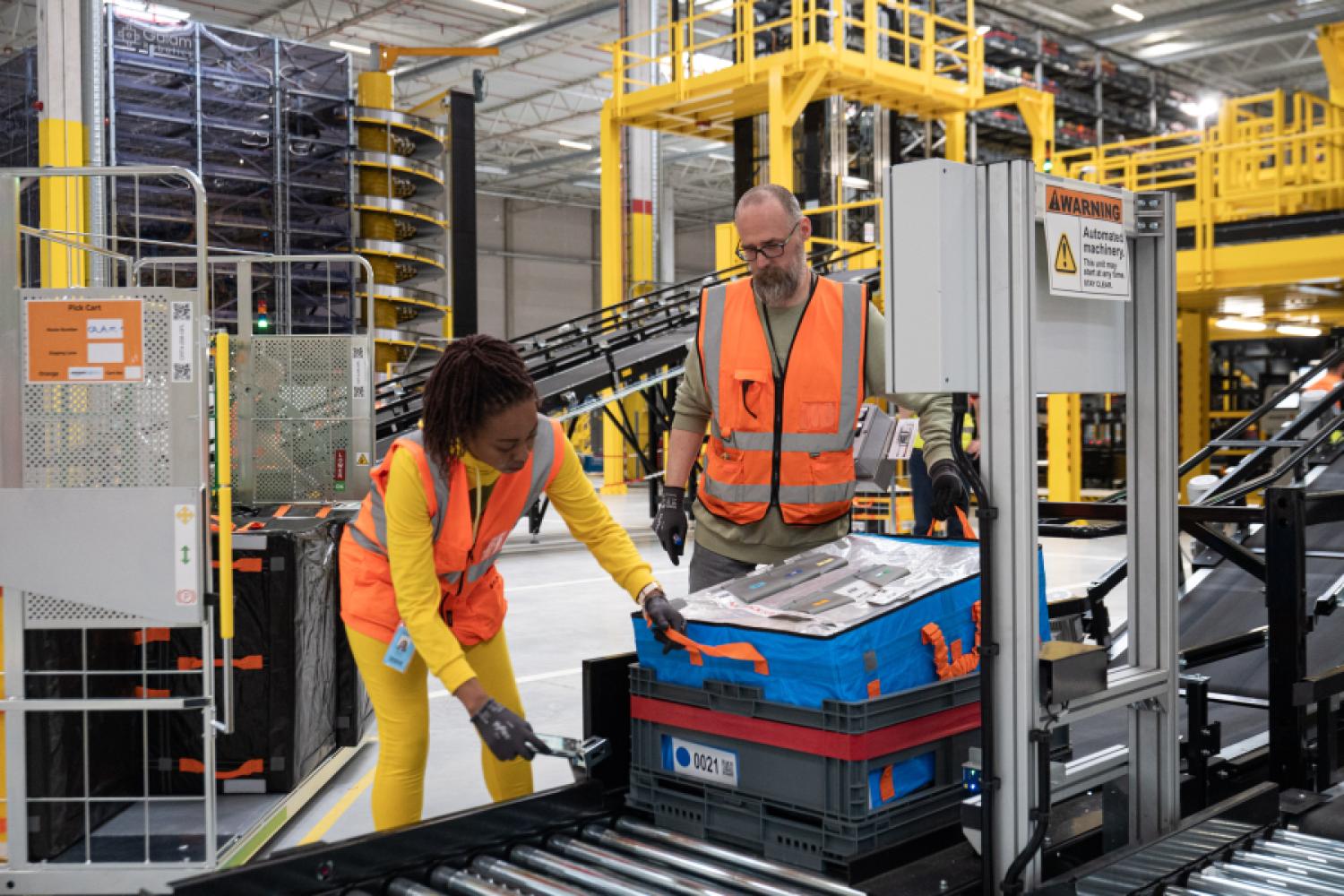The commercial vehicle manufacturer Daimler Truck aims to strengthen its competitiveness in Europe and plans drastic cuts to its personnel structure in Germany. As reported by the German Press Agency (dpa) on Friday, May 9, 2025, the management and works council have now defined the framework. The biggest of the German production sites in Wörth is also affected by the job cuts.
Bus segment excluded
To stabilize the company, several locations in Germany are being targeted. According to the information, several components are planned in the employment area, ranging from socially acceptable staff reductions, accounting of remuneration components, to greater personnel flexibility through temporary work. According to board member Achim Puchert and works council head Michael Brecht, around 28,000 employees are affected by the measures, excluding the bus segment.
Helping Mercedes-Benz Trucks get back on track
The first point indicates that Daimler Truck wants to "commit" to investments of two billion euros for the German production network. Mercedes-Benz Trucks, which is being supported with a special savings program called "Cost Down Europe," is part of the truck division.
The brand, with its well-known Actros, Arocs, Atego, and Econic series, which also includes the versatile Unimog, has recently expanded its battery-electric portfolio. The eActros
600 for long-distance transport has been produced at the main plant in Wörth for a short time. Further e-variants are the eActros 300/400 for urban use and the eEconic for waste disposal. Daimler Truck is also pushing comprehensive electrification, participating in the expansion of the charging network for heavy transport and expanding its related services.
The savings program for the currently evidently weak truck brand Mercedes-Benz Trucks includes the areas of production, headquarters, administration, sales, and development. Savings are also to be made in material and personnel costs, it is said.
This means job cuts for the total of five production sites in Germany: Gaggenau, Kassel, Mannheim, Stuttgart, and the largest assembly plant for trucks in Wörth northwest of Karlsruhe. A few weeks ago, it was already announced in this context that regular fixed costs should be addressed and "recurring costs permanently reduced by more than one billion euros by 2030 at the latest."
Gradual staff reduction
According to dpa, Puchert stated that during the reduction of personnel costs, "natural fluctuation and partial retirement" would be utilized as much as possible. However, it was also said: "In other functions, we will not be able to avoid socially acceptable staff reductions" – meaning that
the reduction should be done while avoiding layoffs.
Security for ten years
Further details of the severance program will be announced in the coming weeks. "Operational dismissals" would be excluded, for example, by the double voluntariness guideline, which generally allows employees severance pay if they leave the company voluntarily and with employer consent. No specific numbers were provided regarding job cuts.
Additional details: the tariff increase for the year 2026 is to be offset against existing tariff allowances, and the management level and works council have agreed to extend the current employment security. This has been a "central concern," as works council head Brecht stated. This means that employees will be secure from operational dismissals until the end of 2034. "This provides additional security for colleagues in Germany."
Relocation of activities
According to dpa, another cost-saving measure envisages outsourcing services related to administration from Daimler Truck "to other locations or externally." According to Brecht, such relocations or outsourcing have been preceded by mandatory economic and risk assessments in cooperation with the works council, which simply follow the costs: "If we can do something more economically ourselves, it stays with us. This also applies to services."
A "unified solution" was also presented for temporary
work, which consists of increasing the temporary workers' quota to 18 percent. According to Brecht, temporary work currently plays hardly any role, with only around 700 temporary workers at all German locations.
Workforce to be rewarded
A new regulation regarding profit-sharing is also being sought by the works council head. "This has been a central concern for us. If the workforce contributes to the company's success, then they must benefit from this success." According to Puchert, with the key points, a good prospect for the future of the German locations has been created. Brecht concluded: "We are creating security in uncertain times."
The group Daimler Truck, one of the world's largest truck manufacturers, headquartered in Leinfelden-Echterdingen near Stuttgart, produces light, medium, and heavy-duty trucks, city buses, and intercity buses. The brands include Mercedes-Benz Trucks, Fuso, Freightliner, and Setra. Daimler Truck employs around 103,000 people worldwide, of which almost 49,000 are in Europe and 35,500 in Germany. There are a total of 40 production sites globally, five of which are in Germany: Stuttgart, Gaggenau, Kassel, bus manufacturing in Mannheim, and the largest Daimler Truck plant in Wörth, where, among other things, the battery-electric eActros 600 has been produced for a short time with approximately
